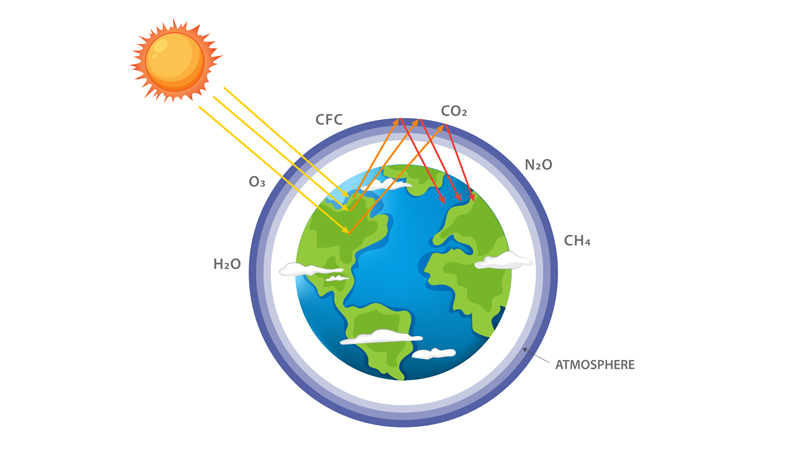
Kellogg reduces Scope 1 and 2 greenhouse gas emissions and relies on renewable energy


Kellogg, a renowned multinational food manufacturing company, said it is reducing its Scope 1 and 2 greenhouse gas emissions, while concurrently increasing its reliance on renewable energy sources.
Since 2015, there's been a substantial 31.1% decrease in their Scope 1 and 2 emissions, along with a 13% reduction in Scope 3 emissions. In 2022, renewable sources accounted for 40.3% of their electricity usage, further solidifying their environmental conservation efforts, according to a recent company report.
In addition to this, Kellogg said it has been significantly successful in resource management, achieving a 17% reduction in water usage in high-stress regions since 2015. The company has also taken strong steps against food waste, achieving an impressive 23% reduction since 2016.
Kellogg's sustainability initiatives are not limited to its direct operations, as evidenced by its support of 485,000 farmers and agronomists since 2015. Additionally, the company has made eco-friendly materials a priority, with 76% of their packaging being recyclable at scale in 2021.
Since 2015, Kellogg has been vigorously pursuing its Kellogg's Better Days Promise strategy, underpinned by a grand ambition to improve sustainable and equitable access to food. Their goal for 2030 is to create #BetterDays for 3 billion people.
Their strategy includes a diverse range of commitments and practices aimed at mitigating climate change, promoting responsible sourcing, and curbing food waste. Among these is the target to reduce their absolute Scope 1 & 2 greenhouse gas emissions by 45% and their Scope 3 emissions by 15% by the end of 2030.
Moreover, the company aims to transition entirely to renewable electricity in its global manufacturing facilities by 2050. They've also set targets for a 30% reduction in water usage in areas with high water stress and a 50% reduction in food waste by the end of 2030.
Kellogg's strategy includes supporting farmers and agronomists worldwide, particularly women and smallholders, as well as developing resilient and responsible supply chains for their priority ingredients. They're also working towards 100% reusable, recyclable, or compostable packaging.
Janelle Meyers, Kellogg Company's Chief Sustainability Officer, recognizes the deep interplay between the health of our planet and human wellbeing. She remarks, "Our changing climate is reducing crop yields, which in turn leads to greater food insecurity. This affects diverse and underserved communities disproportionately."
Acknowledging the road ahead, Meyers adds, "While there's more work to be done, we've made significant strides towards reducing our environmental footprint and fostering a climate-positive value chain."
Related Insights:
View All
Get more stories like this
Subscirbe for more news,updates and insights from Beroe






